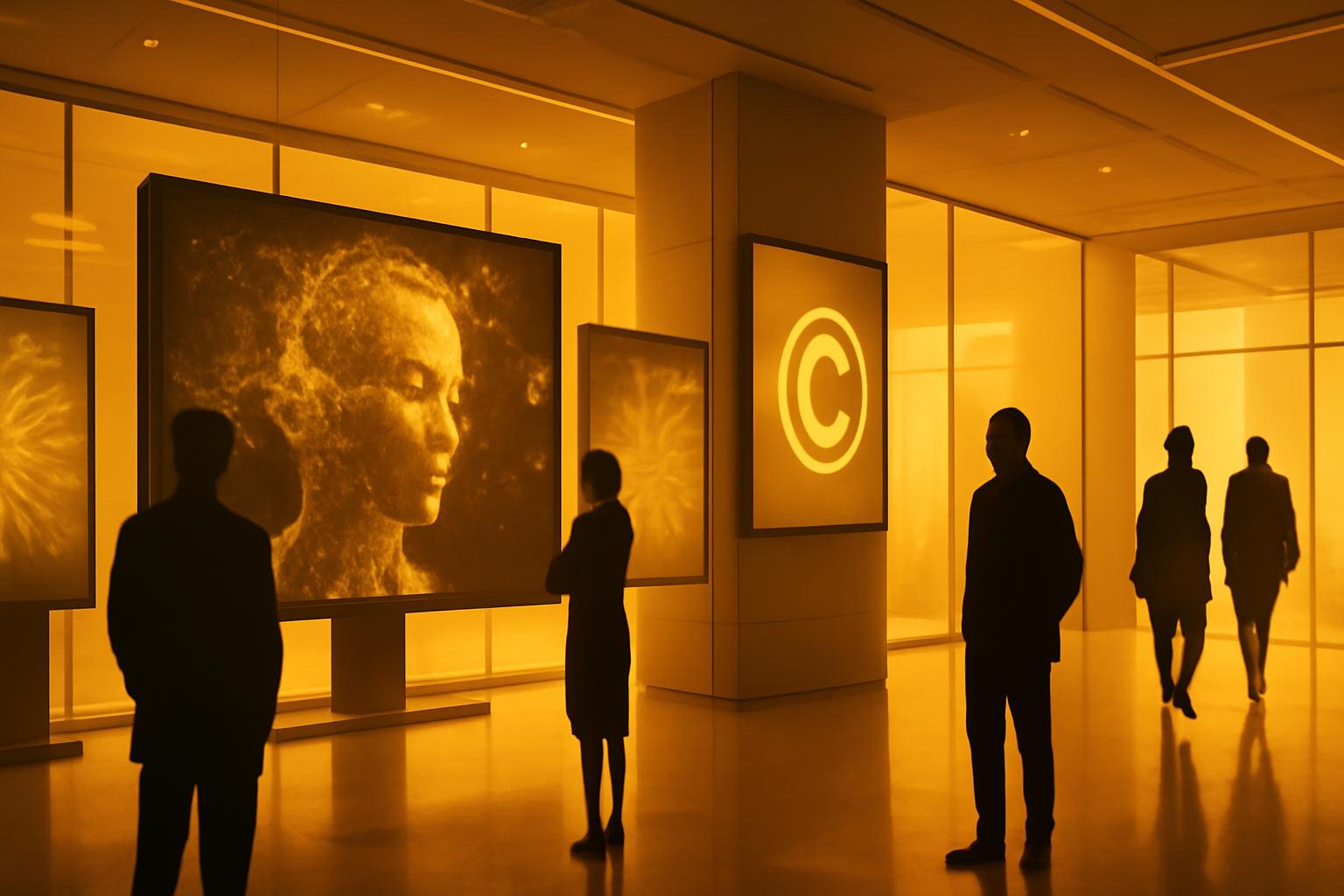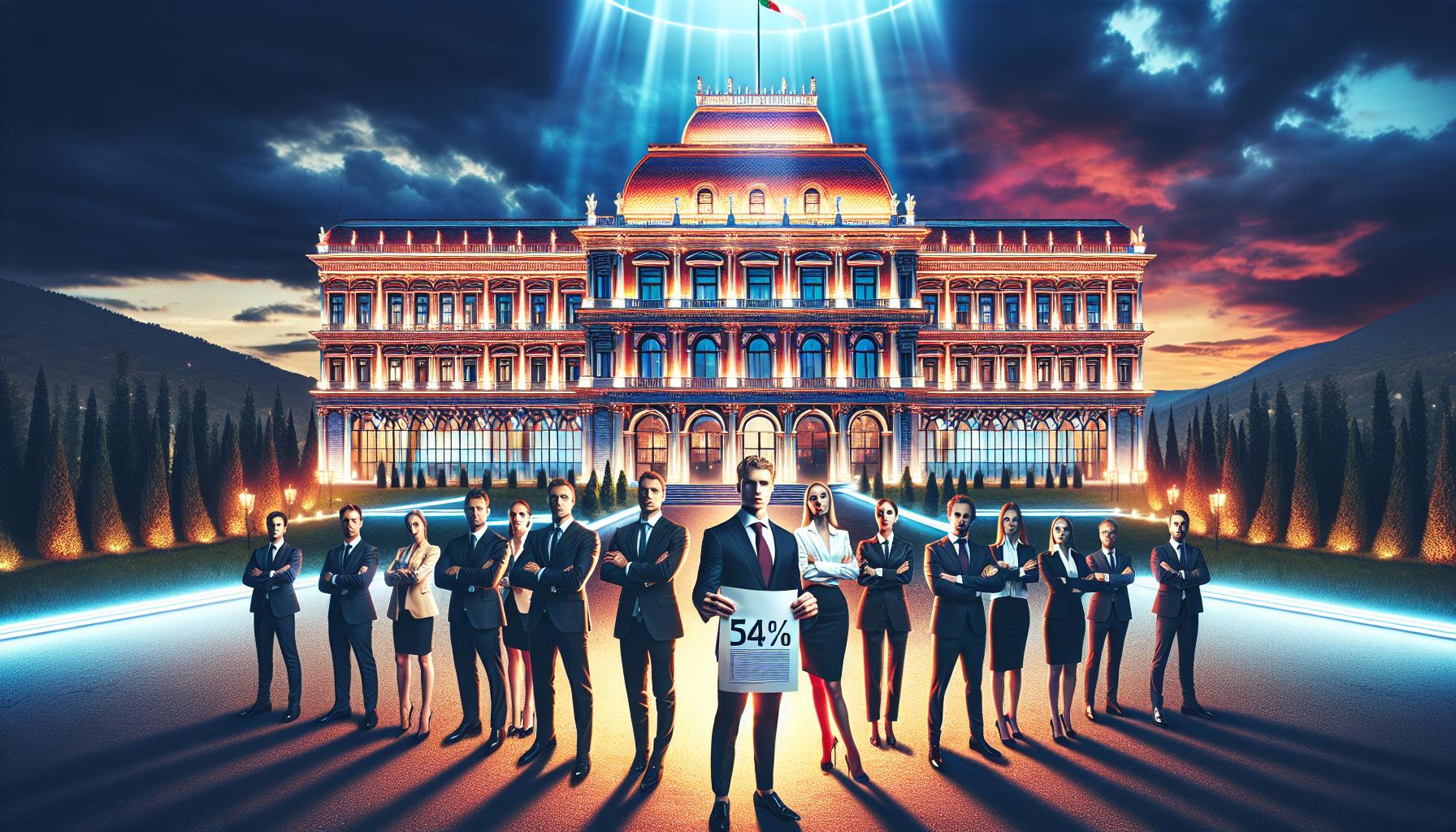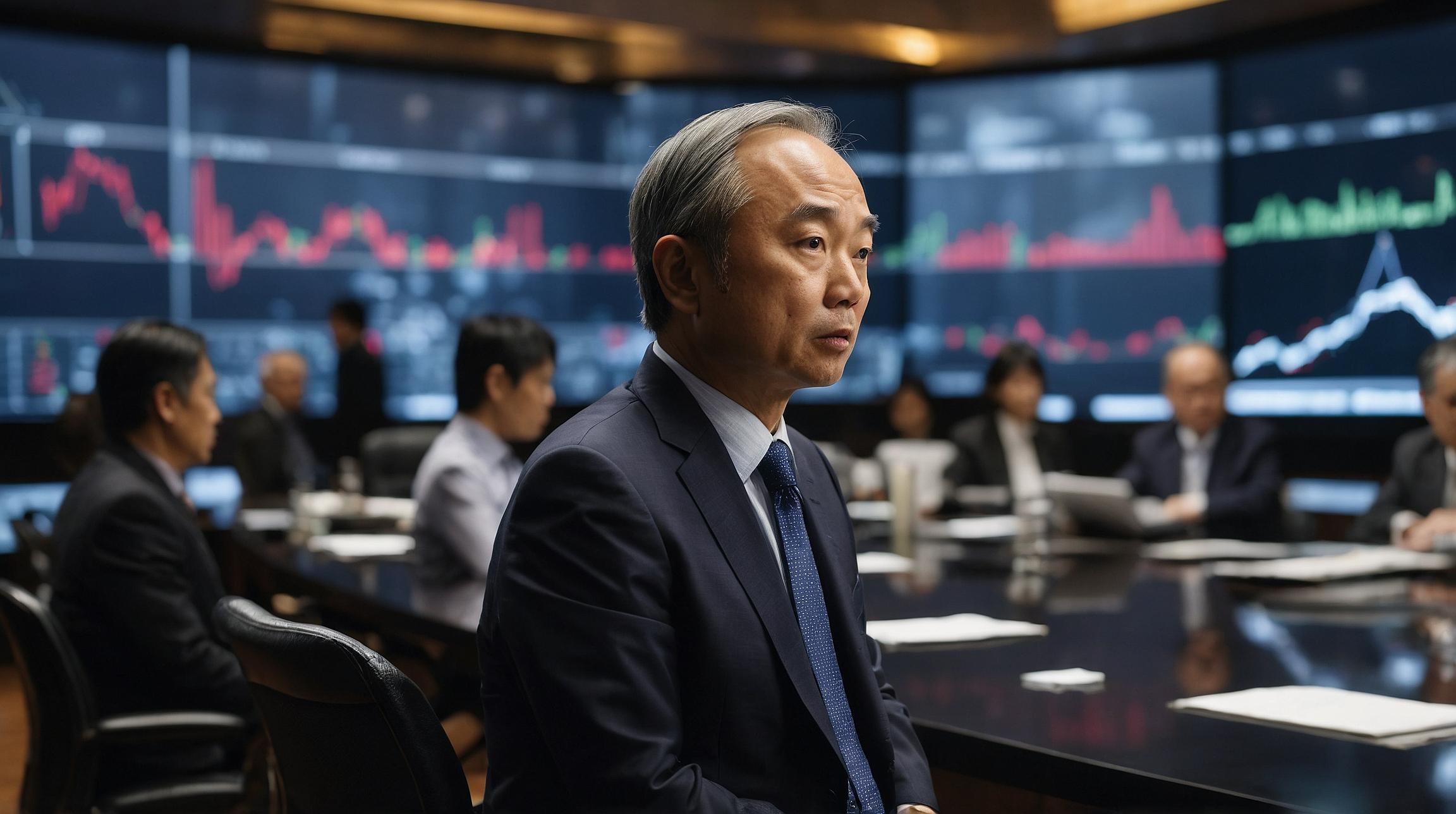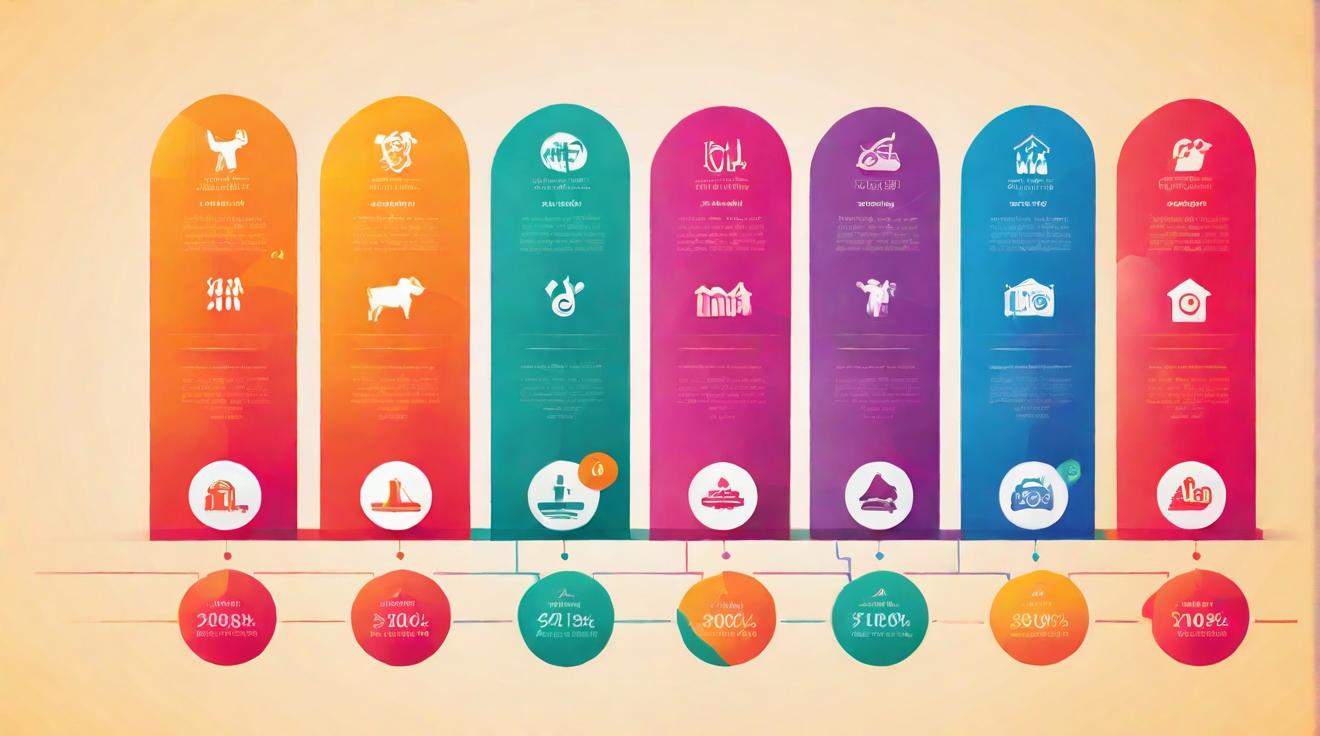OpenAI Launches Sora: AI-Generated Video App Raises Copyright Alarms
OpenAI introduced its new short-form video application, Sora, this week, enabling users to create AI-generated video clips featuring popular animated characters and well-known brands. The app, currently available by invitation only on iOS devices, has already surged to the top of Apple’s App Store charts. Users can generate videos simply by typing prompts, resulting in content that includes characters from franchises such as “SpongeBob SquarePants,” “Rick and Morty,” “South Park,” and movies like “Despicable Me.” Notably, some clips feature OpenAI CEO Sam Altman interacting with Pokémon characters, humorously expressing concern about potential legal action from Nintendo.
Legal Experts Warn of Impending Copyright Challenges
Intellectual property experts caution that Sora’s open platform could trigger a wave of copyright infringement lawsuits. Mark Lemley, Stanford Law School professor, highlighted the risk, stating that many AI-generated videos featuring copyrighted characters may violate copyright protections.
“OpenAI is opening itself up to quite a lot of copyright lawsuits by doing this,” Lemley said. “If companies lose control over what their characters say and do, it could create significant problems.”
The legal debate centers on the use of copyrighted characters without explicit permission, a practice that typically constitutes infringement under copyright law. This issue has already surfaced in recent lawsuits against other AI content creators, including Disney and Universal’s legal actions against Midjourney and cease-and-desist letters to Character.AI.
OpenAI’s Position and Content Moderation Measures
OpenAI has emphasized its commitment to collaborating with rights holders by offering options to block specific characters and responding to takedown requests through its “Copyright Disputes” form. Users can also report videos infringing on copyrights or trademarks directly within the Sora app. Varun Shetty, OpenAI’s head of media partnerships, stated, “We see new opportunities for creators to deepen their connection with fans, and we will work with rights holders to block characters from Sora at their request.” The company has implemented safety features allowing users to control the use of their likenesses, including creating “cameos” that only authorized individuals can incorporate into videos. OpenAI plans to introduce more granular controls for rights holders to manage how their intellectual property is used on the platform.
Broader Implications for AI and Intellectual Property
Sora’s launch underscores the growing tension between AI innovation and intellectual property rights. As AI tools enable unprecedented content creation, media companies are increasingly vigilant in protecting their copyrighted material. Jason Bloom, intellectual property litigator, noted that OpenAI’s approach—allowing use of copyrighted works unless owners opt out—is atypical and conflicts with traditional copyright principles requiring explicit authorization.
“You can’t just post a notice to the public saying we’re going to use everybody’s works, unless you tell us not to,” Bloom explained. “That’s not how copyright works.”
The evolving legal landscape will likely shape how AI platforms balance creative freedom with respect for copyright, potentially prompting new regulatory and legislative responses. In a recent blog post, OpenAI CEO Sam Altman acknowledged the challenges rights holders face and expressed intentions to provide them with more nuanced control over their content on Sora.
“We want to apply the same standard towards everyone, and let rightsholders decide how to proceed,” Altman wrote. “Our aim is to make it so compelling that many people want to participate.”
Altman’s remarks reflect OpenAI’s attempt to navigate the complex intersection of AI technology, user creativity, and intellectual property rights.
FinOracleAI — Market View
OpenAI’s Sora app represents a significant innovation in AI-driven content creation but simultaneously introduces substantial legal and regulatory challenges related to copyright enforcement. The platform’s rapid adoption highlights strong consumer demand for AI-generated media, yet it also raises questions about intellectual property rights management in an era of automated creativity.
- Opportunities: Expands creative tools for users; potential for new fan engagement models; foundation for future AI content platforms with rights-holder collaboration.
- Risks: Heightened exposure to copyright infringement lawsuits; reputational risks for OpenAI and users; potential regulatory scrutiny over AI content use.
Impact: The launch of Sora is a catalyst for both technological progress and legal debate, underscoring the urgent need for clear frameworks governing AI-generated content and intellectual property rights.













